University & College Hospitality & Catering Trip To Brussels
Discover craft production and awaken the taste buds in the city that brings the world beer and fine chocolates on a hospitality and catering course trip to Belgium. We know all the best visits and excursions to get insight for your students.
Highlights
Artisan brewing at Brewery Cantillon
Fine pralines and truffles at Planète Chocolat
The secrets of Brussels’ hotel industry
Tasting fruit brandies at Biercée Distillery
Birmingham City UniversityExcellent service all round with very knowledgeable, helpful and friendly staff
What's included*
*Please note, entrance fees where applicable are not included in typical price – contact us for more details
Recommended excursions
Students learn about the time-honoured art of Belgian chocolate making at this specialist in personalised chocolates. All steps in the hand-production process are demonstrated, from tempering, preparing and filling the casts, to demoulding and packing. Students can then taste the mouth-watering pralines and caraques – solid chocolates in bespoke designs.
Brussels Museum of the Gueuze shows how craft brewing was done in Brussels at the time of the Industrial Revolution. A family of artisan brewers introduces students to the traditional production of Gueuze-Lambic, a mysterious beer resulting from spontaneous fermentation by airborne wild yeast. Beers are brewed in red copper containers, some more than 100 years old.
Culinary students will be inspired by Zaabär’s artful combinations of Belgian chocolate and exotic spices. After a welcoming hot chocolate, students watch an informative film, then visit the large factory for a demonstration of chocolate making. Afterwards they get to taste the unique chocolate, flavoured with spices such as ginger, cardamom and pepp
Planète Chocolat makes fine pralines, truffles and caraques in Rue du Lombard, not far from Grande Place. At their little Museum of Chocolate, hospitality and catering students can learn about the origins and history of cocoa and modern chocolate manufacture. The highlight is the tasting of homemade hot chocolate and pralines.
This is a chance to experience some of the many culinary treasures of Brussels, from pâté and smoked ham to sauces and craft beers. Students can develop their palates and expand their experience of European cuisine by visiting some of the artisan producers and restaurateurs who serve up delicacies to some of the most discerning customers.
Hospitality and catering students find out about the running of a top hotel on a visit that gives a look behind the scenes of Brussels’ tourist industry. They see how staff work hard as a team to present a seamless level of service to guests, and how attention to detail is vital. Looking at a range of roles, this experience can inform future career choices.
Hospitality and catering and business studies students can discover the secrets of making clear fruit brandies and liqueurs in a tour of this distillery. An introductory film is followed by an experience in the Goût et Senteurs– Taste and Flavours – room, then a guide to the production process. The range is made using fresh pears, strawberries and lemons and also dark chocolate.
Find out how they make the famous L’Impériale mustard on a visit to the family-run Bister mustard factory. Your group can see the manufacturing workshop in action and take part in a question and answer session. Then students try some of the hot sauces and relishes including Dijon mustard and piccalilli. This is followed by a visit to the concise Bustard Mustard Museum.
Located in the historical building of Tour & Taxis, PermaFungi is a social cooperative. The aim is to recycle urban waste such as coffee grounds to grow organic oyster mushrooms. The cooperative partners with many restaurants and cafes around Brussels to collect the coffee grounds. Guided visits for groups are available in English, French and Dutch and take students through workshops to learn more about this innovative and environmental friendly agricultural technique.
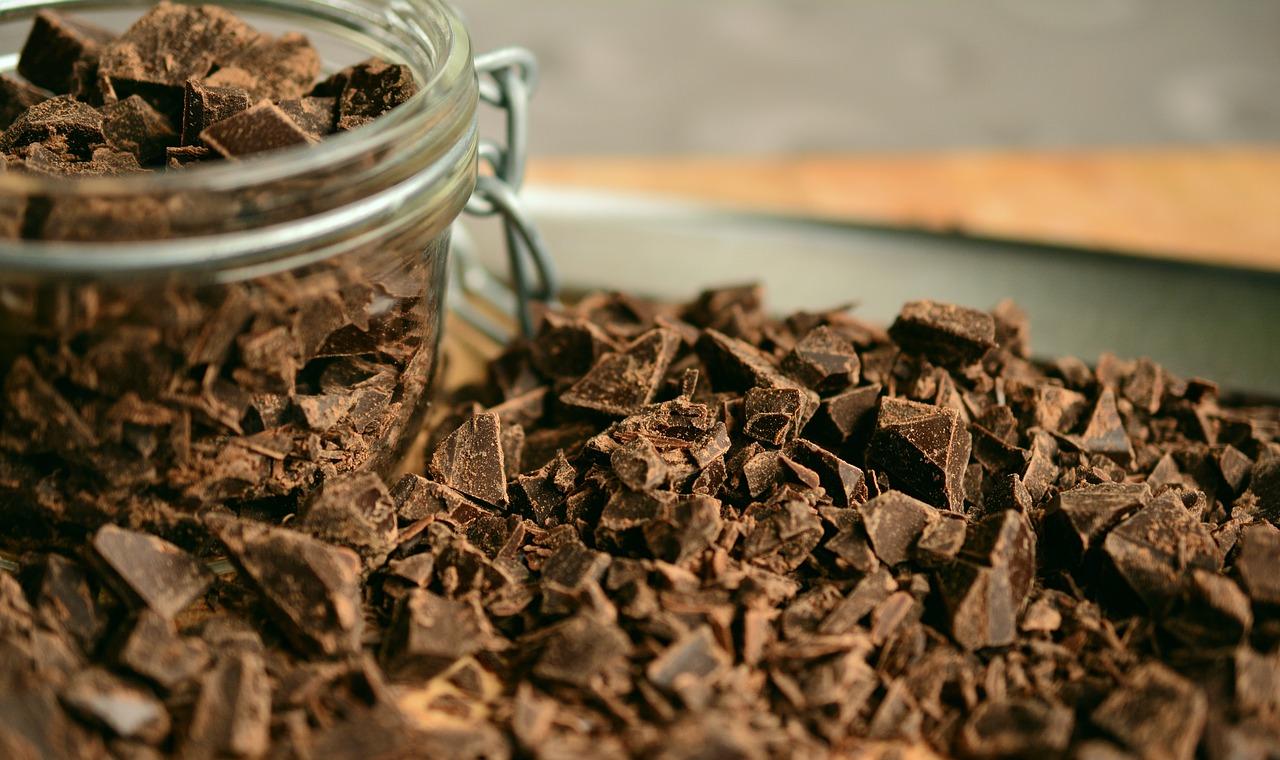
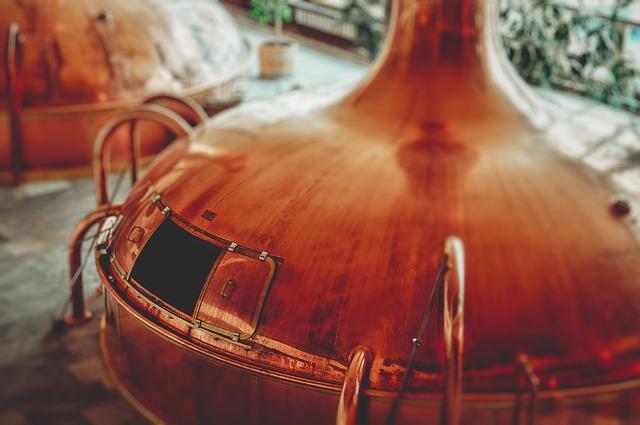
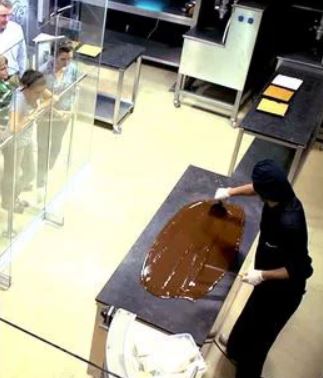
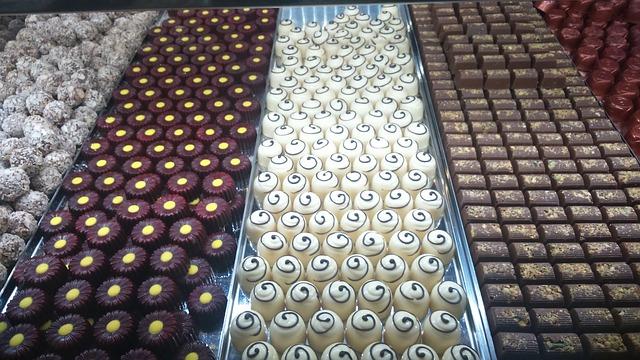
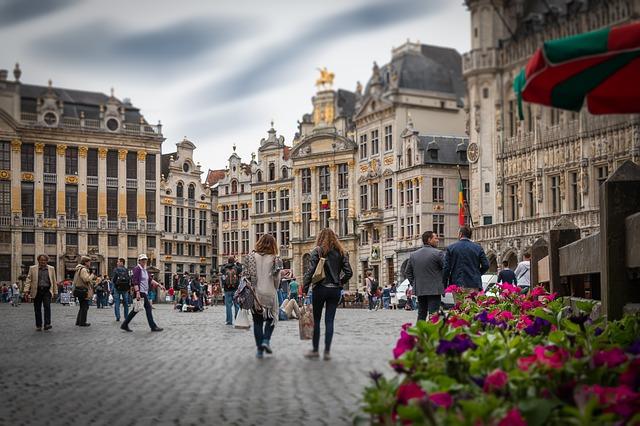
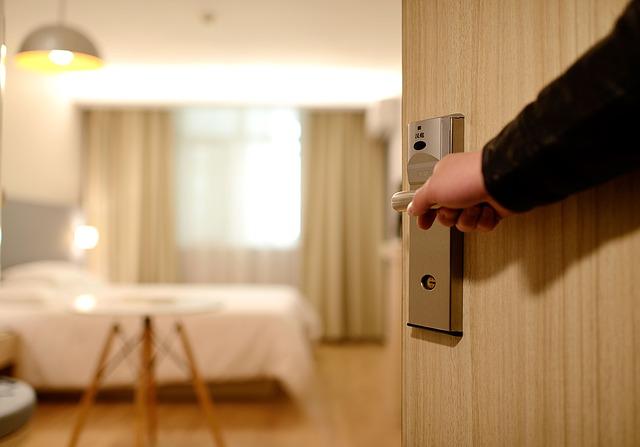
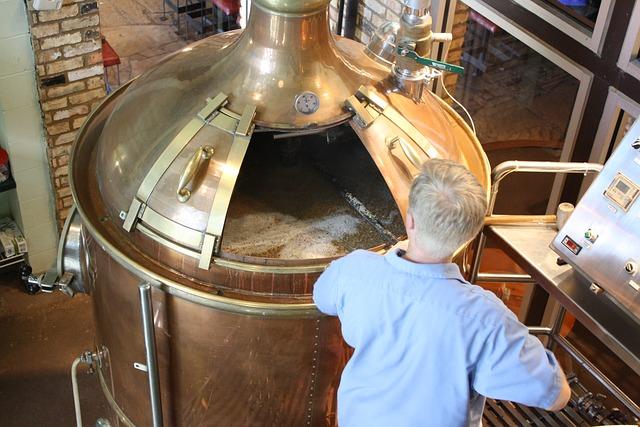
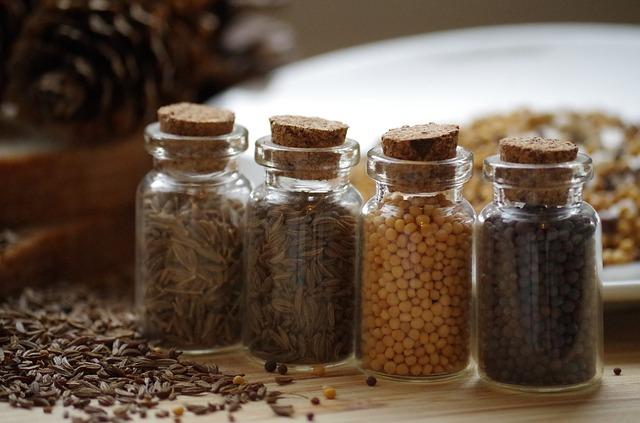
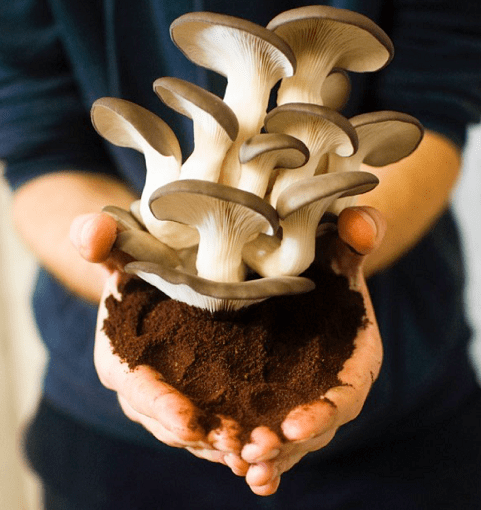
Typical accommodation
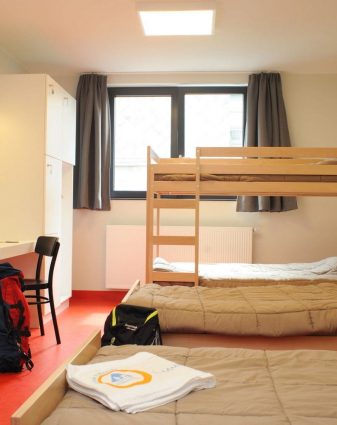
Why groups like it:
Facilities:
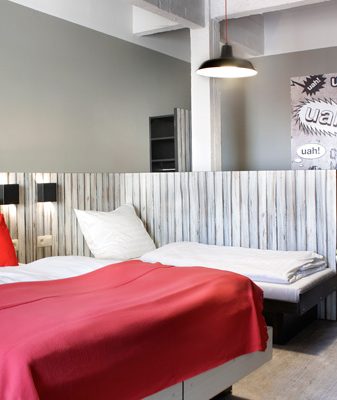
Why groups like it:
Facilities:


